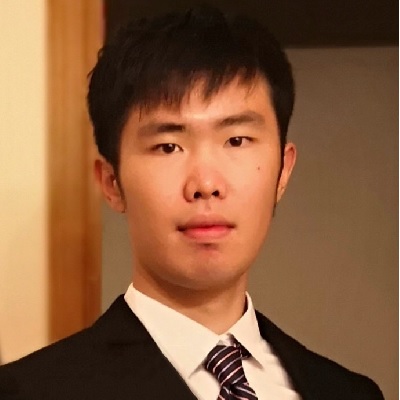CoPhy-PGNN: Learning Physics-guided Neural Networks with Competing Loss Functions for Solving Eigenvalue Problems
Jie Bu, Anuj Karpatne
Abstract
Physics-guided Neural Networks (PGNNs) represent an emerging class of neural networks that are trained using physics-guided (PG) loss functions (capturing violations in network outputs with known physics), along with the supervision contained in data. Existing work in PGNNs have demonstrated the efficacy of adding single PG loss functions in the neural network objectives, using constant trade-off parameters, to ensure better generalizability. However, in the presence of multiple physics loss functions with competing gradient directions, there is a need to adaptively tune the contribution of competing PG loss functions during the course of training to arrive at generalizable solutions. We demonstrate the presence of competing PG losses in the generic neural network problem of solving for the lowest (or highest) eigenvector of a physics-based eigenvalue equation, common to many scientific problems. We present a novel approach to handle competing PG losses and demonstrate its efficacy in learning generalizable solutions in two motivating applications of quantum mechanics and electromagnetic propagation.
People
Publication Details
- Date of publication:
- June 17, 2021
- Journal:
- Cornell University
- Publication note:
Jie Bu, Mohannad Elhamod, Christopher Singh, Matthew Redell, Wei-Cheng Lee, Anuj Karpatne: Learning Neural Networks with Competing Physics Objectives: An Application in Quantum Mechanics. CoRR abs/2007.01420 (2020)

